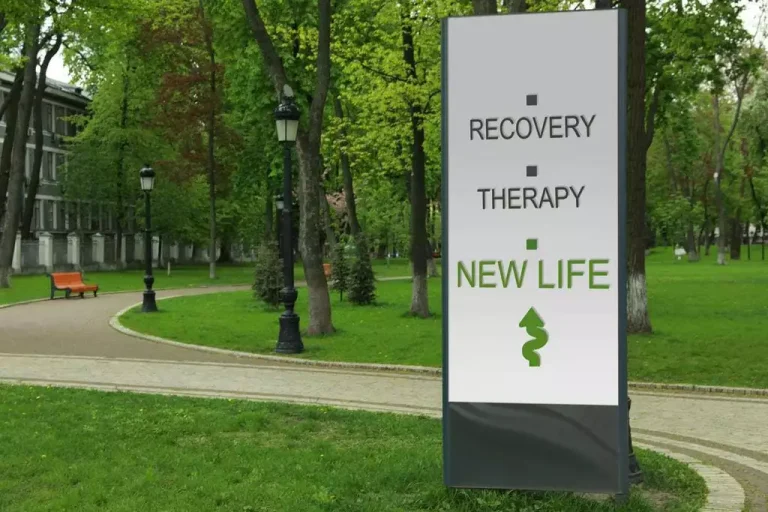
It’s also important to maintain a balanced lifestyle by incorporating exercise, emphasizing hydration, and ensuring adequate rest to further support the body and reduce cravings. Professional help and support from family and friends can enhance the ability do recovering alcoholics crave sugar to make healthy choices, cultivating an environment conducive to recovery. This behavior can represent a psychological mechanism where sugar offers an immediate reward, satisfying cravings that may arise due to the absence of alcohol.
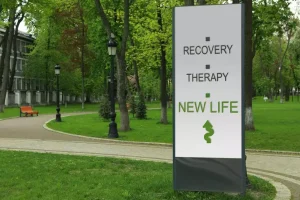
Unveiling the Link: Diets Impact on Mood Disorders Exposed
Explore what a drug abuse counselor does, from therapy techniques to ethical standards in the journey to sobriety. Explore the lesser-known consequence of drug abuse and limb loss, its causes, and recovery options. Discover the outcomes of MAT for addiction treatment and the path to an opioid-free life in Kansas. This includes engaging in a structured aftercare plan and attending regular support groups like Alcoholics Anonymous.
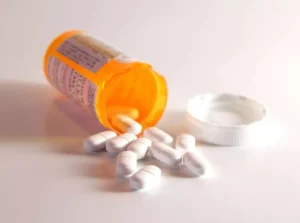
Factors Contributing to Sugar Cravings in Recovering Alcoholics
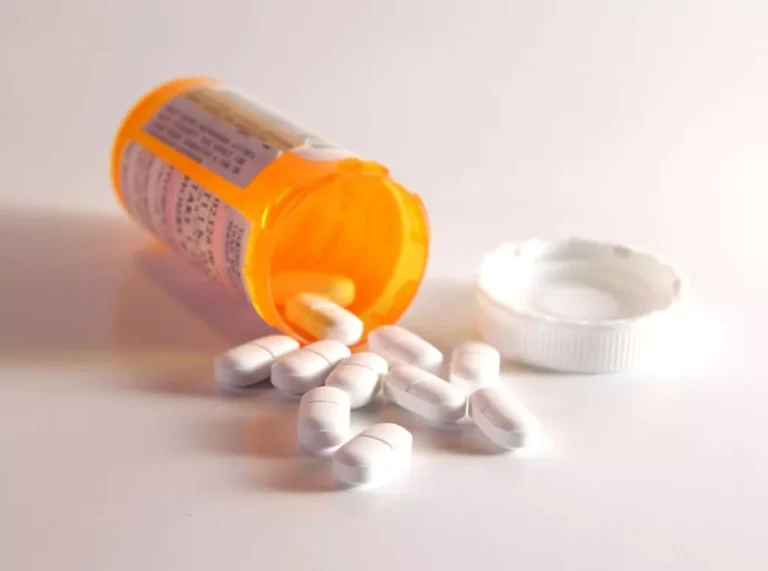
Explore student opioid addiction rehab pathways and discover effective treatments and support for recovery. Engaging in activities that bring joy can fill time meaningfully and provide emotional outlets. Such involvement helps manage feelings of boredom and isolation that often accompany post-rehab life. As individuals find fulfilling pursuits, they not only build a sober social circle but also reinforce their commitment to staying substance-free. Alumni programs serve as a lifeline for individuals transitioning from rehab to everyday life.
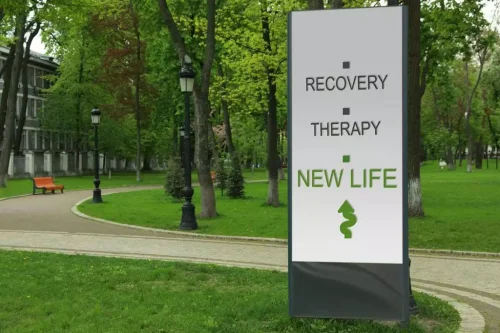
How to Manage Social Media and Technology During Recovery
- Intermittent, excessive sugar intake can lead to behaviors similar to drug addiction, including bingeing, withdrawal, craving, and cross-sensitization.
- Discover what is meth-induced psychosis, its risks, symptoms, and treatments in our comprehensive guide.
- For individuals in recovery from alcohol addiction, it’s not uncommon to experience cravings for sugar.
- Understand ‘dependence vs. addiction’, unpack their complexities, and explore recovery strategies.
- Discover understanding the effects of social isolation on mental health and explore coping strategies for wellness.
- Two studies that investigated the link between sugar consumption and relapse in early recovery conceptualized sweets as an aid to abstinence, rather than a potential hindrance.
When they’re no longer getting their “sugar fix” from alcohol, they seek it elsewhere. Unfortunately, satisfying sugar cravings can prolong recovery and lead to other medical complications. Explore the risks and signs of nasal spray addiction and learn effective treatment and prevention https://ecosoberhouse.com/ strategies. Moderate drinking (one drink a day for women and up to two per day for men) may improve blood glucose management and insulin sensitivity, potentially leading to lower A1C levels.
- Opting for water as the primary beverage choice and limiting the consumption of sugary drinks can further support healthy hydration and reduce the desire for sugar.
- When the body is used to a lot of sugar and stops getting it abruptly, it looks for ways to replenish it.
- They exhibit decreased quantities of Akkermansia and increased Bacteroides, impacting the diversity and composition of the microbiome 7.
More Guidelines to Guarantee Success in Early Recovery
Understanding the reasons behind sugar cravings in recovering alcoholics involves exploring various behavioral patterns that contribute to this phenomenon. Two significant factors in this regard are habitual behaviors and routines, as well as the desire for instant gratification. Many individuals who alcoholism symptoms struggle with alcoholism find themselves turning to sugar as a substitute for alcohol. While the exact reasons for this link are not yet fully understood, several factors are believed to contribute to the connection between alcoholism and sugar cravings.
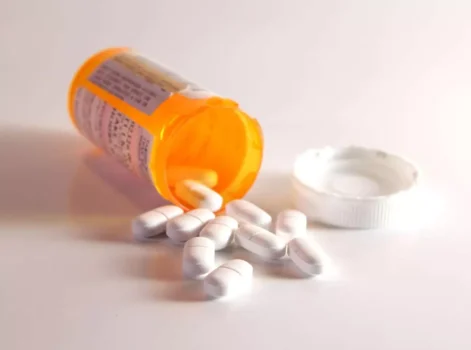
However, it’s important to note that while sugar may provide temporary relief, excessive consumption can lead to health problems and can potentially trigger relapse. One of the puzzling aspects of alcohol recovery is the sudden onset of sugar cravings many individuals experience. To understand this phenomenon, it’s crucial to delve into the effects of alcohol on brain chemistry and the role of dopamine in the occurrence of sugar cravings. There are several reasons people in addiction recovery may develop a preference for sweet foods. Different substances can create various inclinations for sugar, and there is an underlying connection between addictive behaviors and sugar intake.
- Understanding the genetic and behavioral influences behind sugar cravings in alcoholics can shed light on the question of why do alcoholics crave sugar?.
- Though they may induce distressing feelings, they are not a sign that you are doing anything wrong.
- Understanding the genetic predispositions can help in tailoring interventions and treatments for AUD.
- Alcoholics may turn to sugar as a substitute during recovery, as regular alcohol consumption can lead to developed tolerance to sugar itself, shifting the cravings from alcohol to sugar.
- First, individuals must Recognize their addiction and the impact it has on their lives.
- Joining support groups and aftercare programs can foster connections and friendships that promote accountability and emotional stability.
Recovering from alcohol use disorder (AUD) presents unique challenges, particularly when it comes to managing cravings for sugar. As individuals transition from alcohol to sobriety, they often find themselves grappling with the dual issues of managing sugar intake and developing effective strategies to mitigate cravings. Preliminary studies have indicated a notable rise in sugar consumption among individuals in early recovery, with a 37% increase in sugar intake reported within three weeks of entering treatment 5.